Rethinking Writer’s Block with Virginia Woolf’s The Waves
Coffee and Virginia Woolf’s The Waves, photographed by Rebecca Mangra.
“I dance. I ripple. I am thrown over you like a net of light. I lie quivering flung over you.”
There is something about Virginia Woolf’s The Waves that is both enchanting and arresting.
The first time I read The Waves was in high school based on a recommendation from an article in ELLE. Virginia Woolf’s name was one that I had heard in passing many times, but never attached any real meaning to. I decided to pick up the book from my school’s library and I have never been the same since.
For those of you unfamiliar with The Waves, the novel centres around six childhood friends as they grow into adulthood and experience love, loss, and hope. In between those tent poles, the characters contemplate life’s tedium along with its magnificence. Everyday details are compared to the soaring beauty of the natural world, which allows the reader to imagine life in all of its mundanity and wonder. To try to distill the novel any further would give some of its magic away; the book begs to be experienced. The Waves is Woolf’s most experimental novel due to its format, which features long, poetic sentences meant to illustrate a stream of consciousness from all of the characters.
The Waves fortified my desire to be a writer. It presented a completely new way of writing fiction that mirrored life’s unpredictable curveballs. Every chapter is poetry doing cartwheels—each sentence is musical, seductive, violent, heartfelt, and confrontational. Everything about the novel’s non-linear storytelling made me feel alive and I felt that someone had finally captured life in a way I thought could never be caught on paper. Writing fiction is sometimes like diving into a large body of water, full of creatures and seaweed and old treasures. You arrive at the page gasping for air, only to realize that you have no way of carrying all that weight in your hands—there is no singular way to relate to land dwellers what you’ve experienced.
After graduating high school, I went on to study English at York University in Toronto. I ended up switching majors to Creative Writing where I supplemented my literature courses with workshops to which I brought my work to be critiqued and where I evaluated the work of others. The experience was a unique one, where I was not only learning how great writers of the past created stories, but also how writers of today are doing so. We were all passionate, intelligent, and deeply interested in how to create art that made people feel something. Stories that would make people pinch their skin to remind themselves that they are real and that life’s grasp on them is loosening every second. One day, we will all have to let go.
After graduating with a solid portfolio from writing for on-campus magazines and other blogs, I found myself still unemployed. None of the magazines and journals I loved were interested in working with me. Something about my initial post-grad period drained any sense of magic and hope I had left in the world. Despite finally getting a stable administrative job, I still have not written anything substantial in more than a year.
“There is something transcendent in even the most quotidian moments and gentlest efforts.”
I decided to reread The Waves to jolt the creativity I was sorely lacking. I hoped it would seduce me back to the art of storytelling and act as an antidote to my ennui. In reality, The Waves took me almost a month to get through. The words, while still full of zeal, beauty, and longing, felt a lot harder to get through a second time. Something about the novel, instead of giving me strength, paralyzed me. As a teenager, the characters and their mid-life crises seemed far away, almost exotic in their strangeness to my young life. As an adult now, facing those exact same fears and constrictions, I relate to the characters’ desperation much more strongly now. Every line had me silently screaming yes, yes, YES! Truthfully, reading The Waves a second time scared more than inspired me. Would I be like Bernard one day, looking back at a life full of safe choices and unfulfilled desires?
The experience reminded me that creativity is not just about tapping a button as one might do on a waffle iron; it’s about constantly pressing buttons. It’s about forcing myself to wake up, even though I’d much rather sink deeper into my sheets and not talk to anyone for a few days. It’s about looking at the remnants of my choices and choosing to build something out of them. It’s about writing terrible prose in my journal about how much I miss bookstores, just to get my pen on the page. Writer’s block is not necessarily something to overcome, but to go through with fervour.
While the characters in The Waves have their fates sealed, I still have time to write a novel that not only makes me proud, but one that makes the world a little less sharp around the edges. As Woolf attempts to demonstrate, the lives we lead are like many waves in the ocean of time. With each decision we make, we cause reverberations that affect people and change the world; as waves cascade in and out of each other, so do all of our lives. In these trying times, if you have stopped painting, sewing, cooking, filming, singing or practicing any other type of art form due to a blockage (pandemic-induced or otherwise), I hope you find the courage to dip your toe back into the water, even if it is painful at first. There is something transcendent in even the most quotidian moments and gentlest efforts, as Woolf’s prose reminds us.
Rebecca Mangra is a writer and editor based in Toronto, Canada. She has an Honours Bachelor’s degree in Creative Writing from York University. She has a passion for books, clothes, intersectional feminism and chocolate-covered almonds.



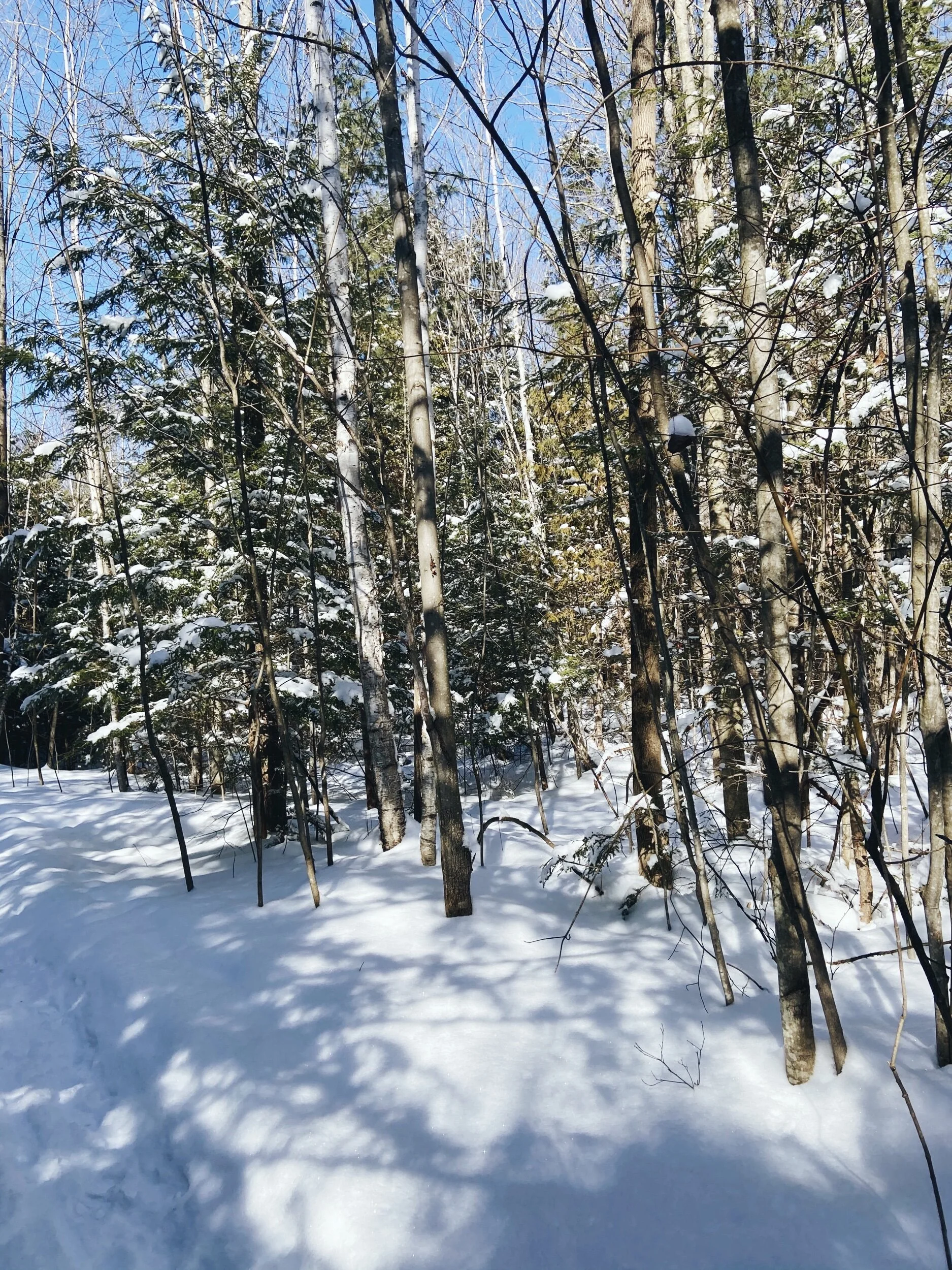
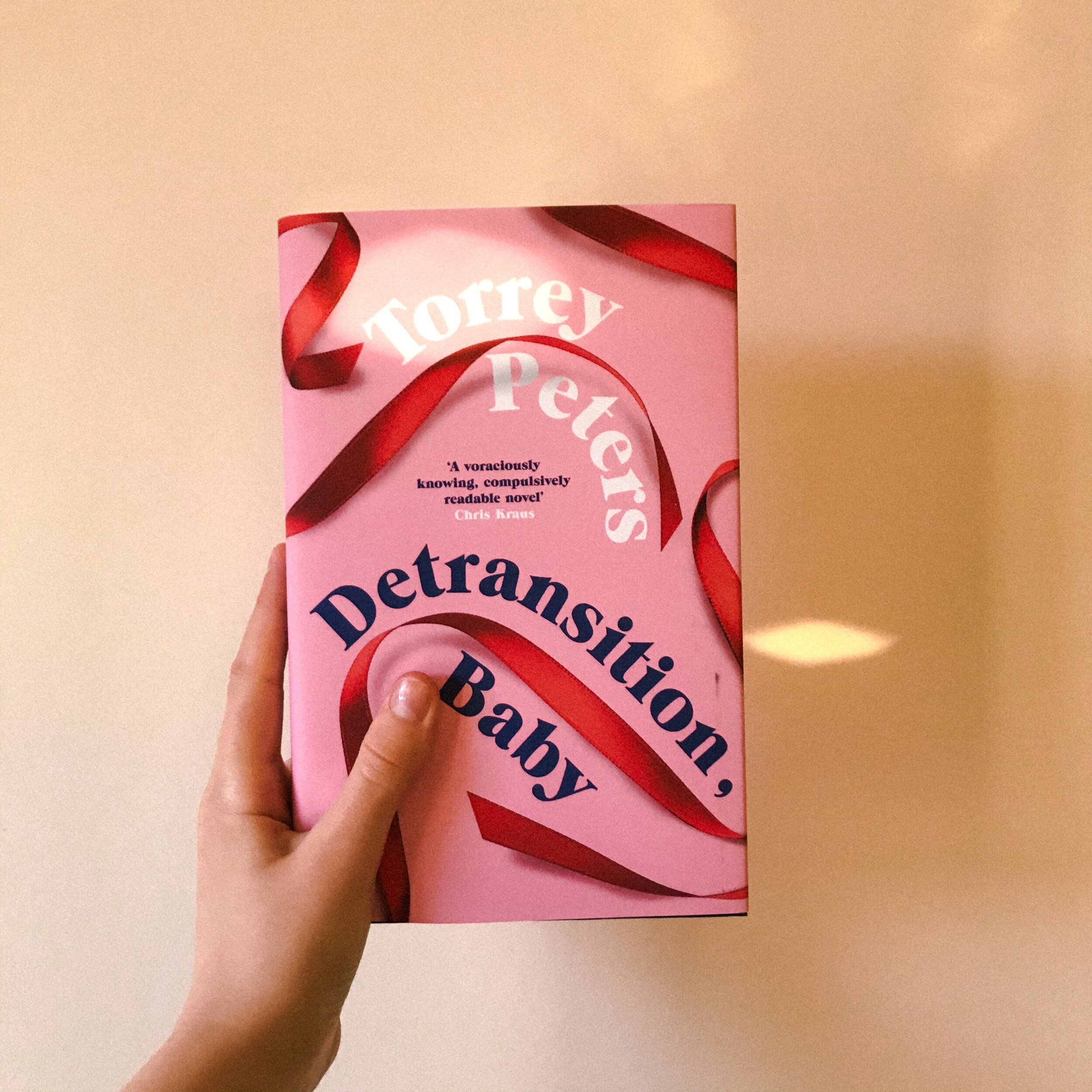
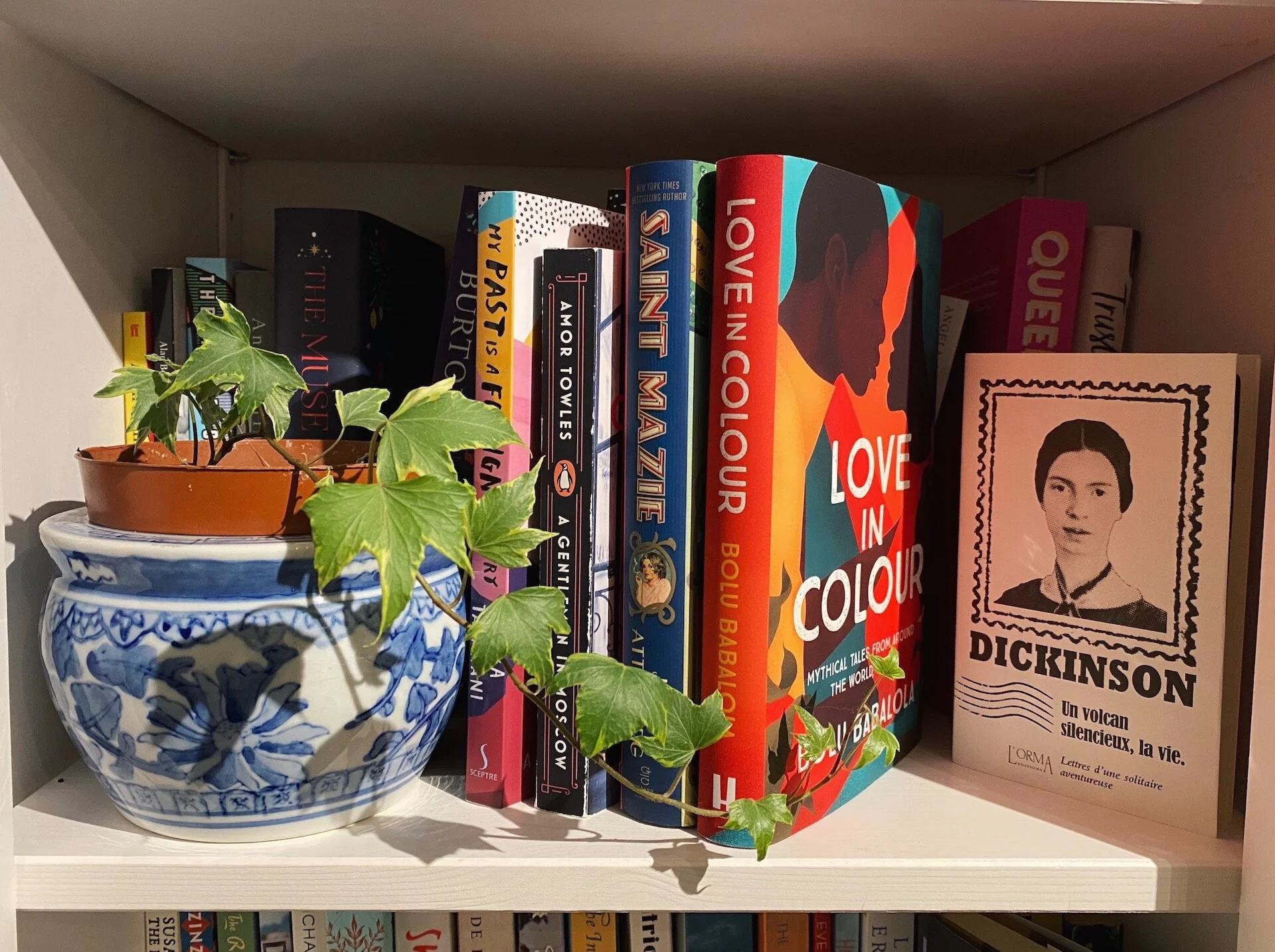
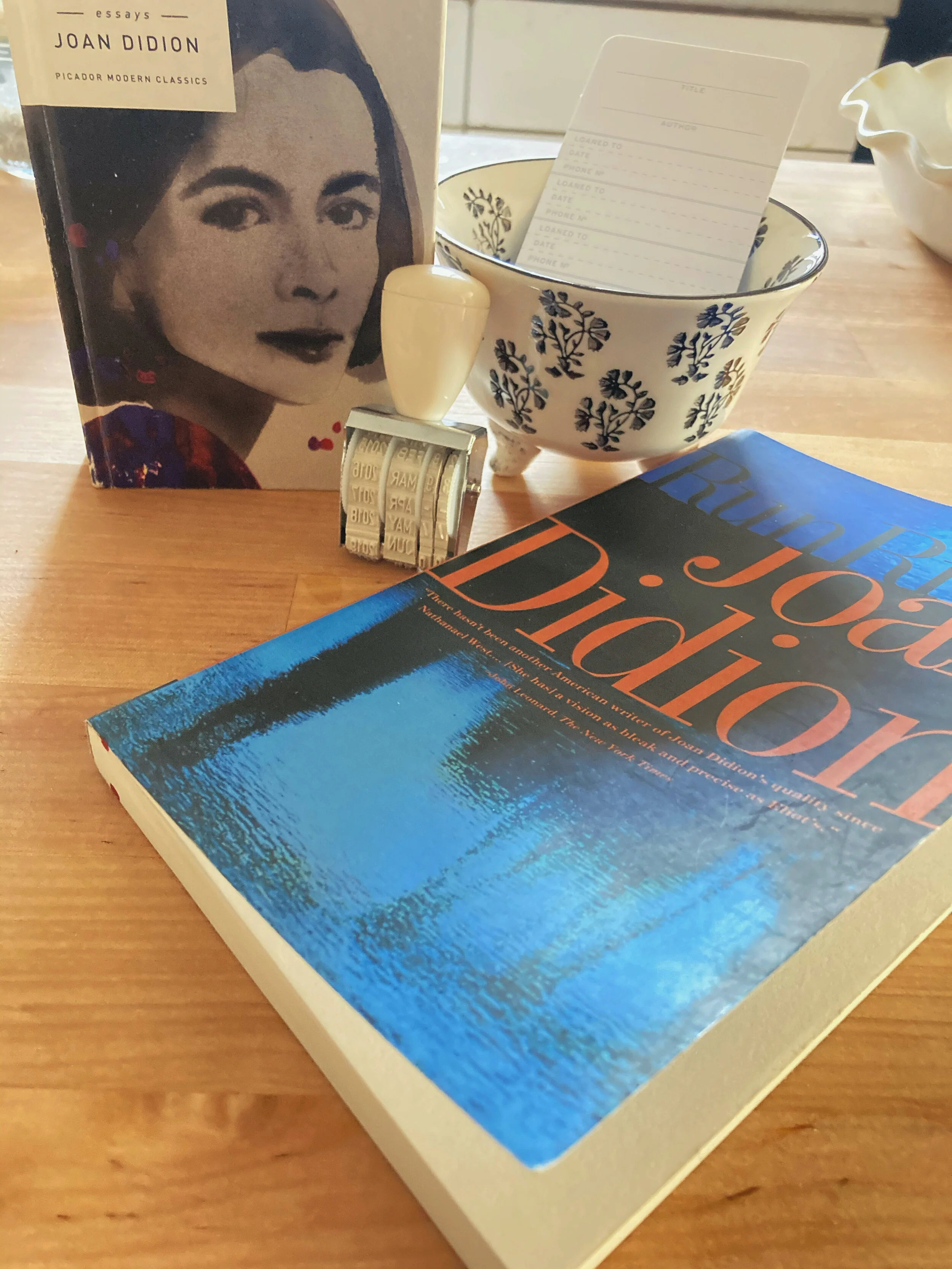
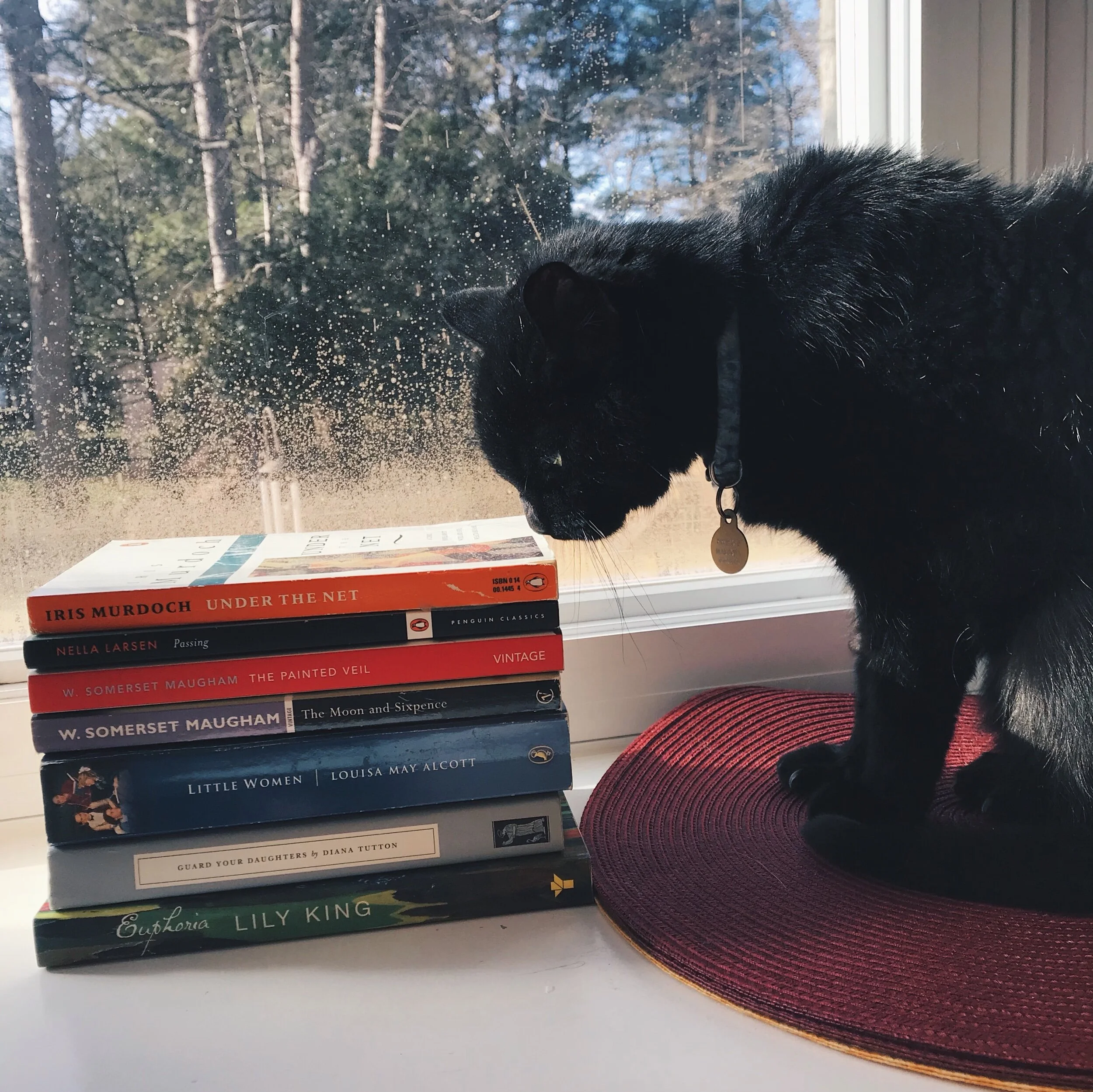


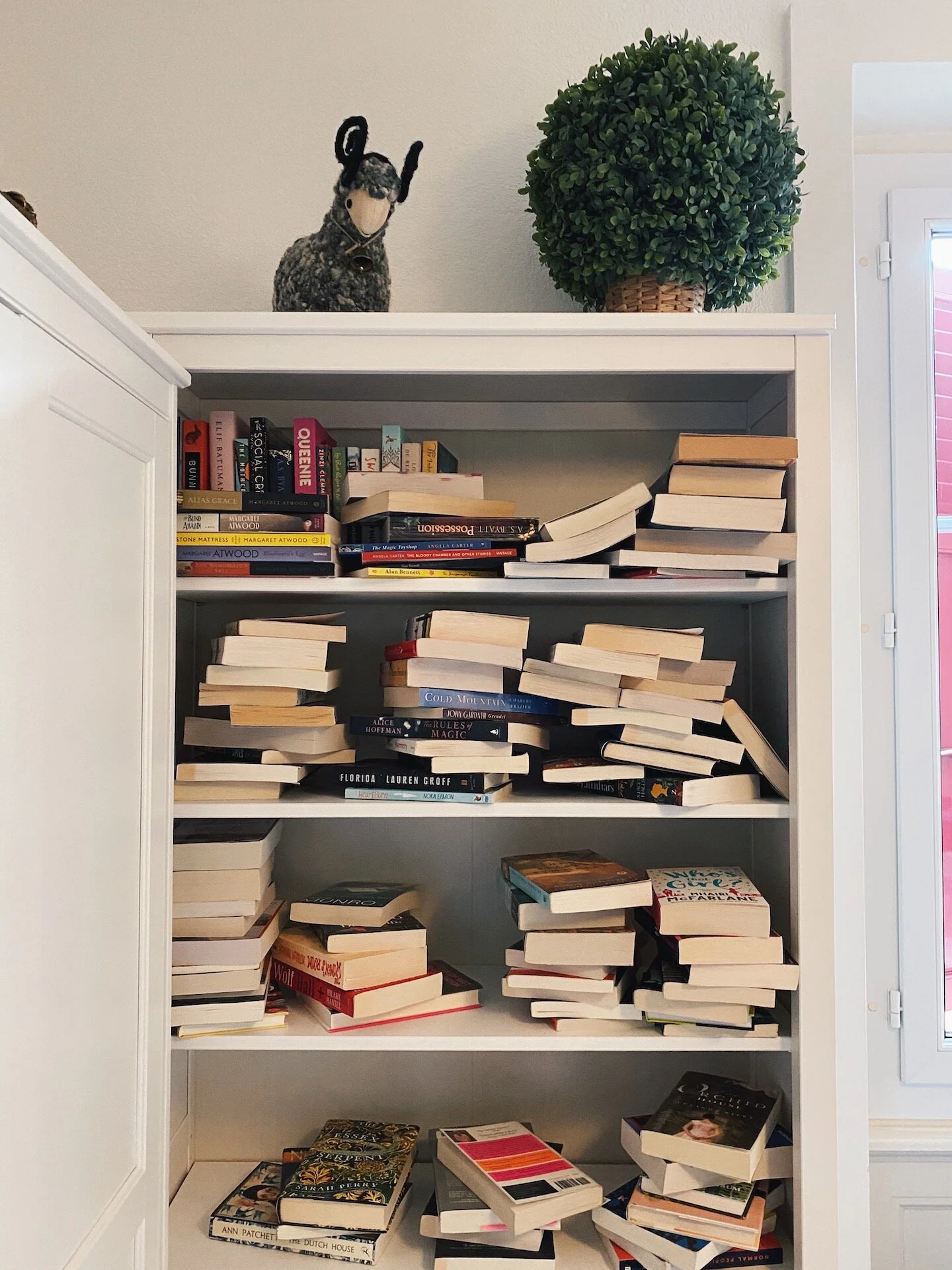
Reading Naoise Dolan’s Exciting Times and Katie Kitamura’s Intimacies, Rachel Tay explores the unease of moving away from one’s own country and language.